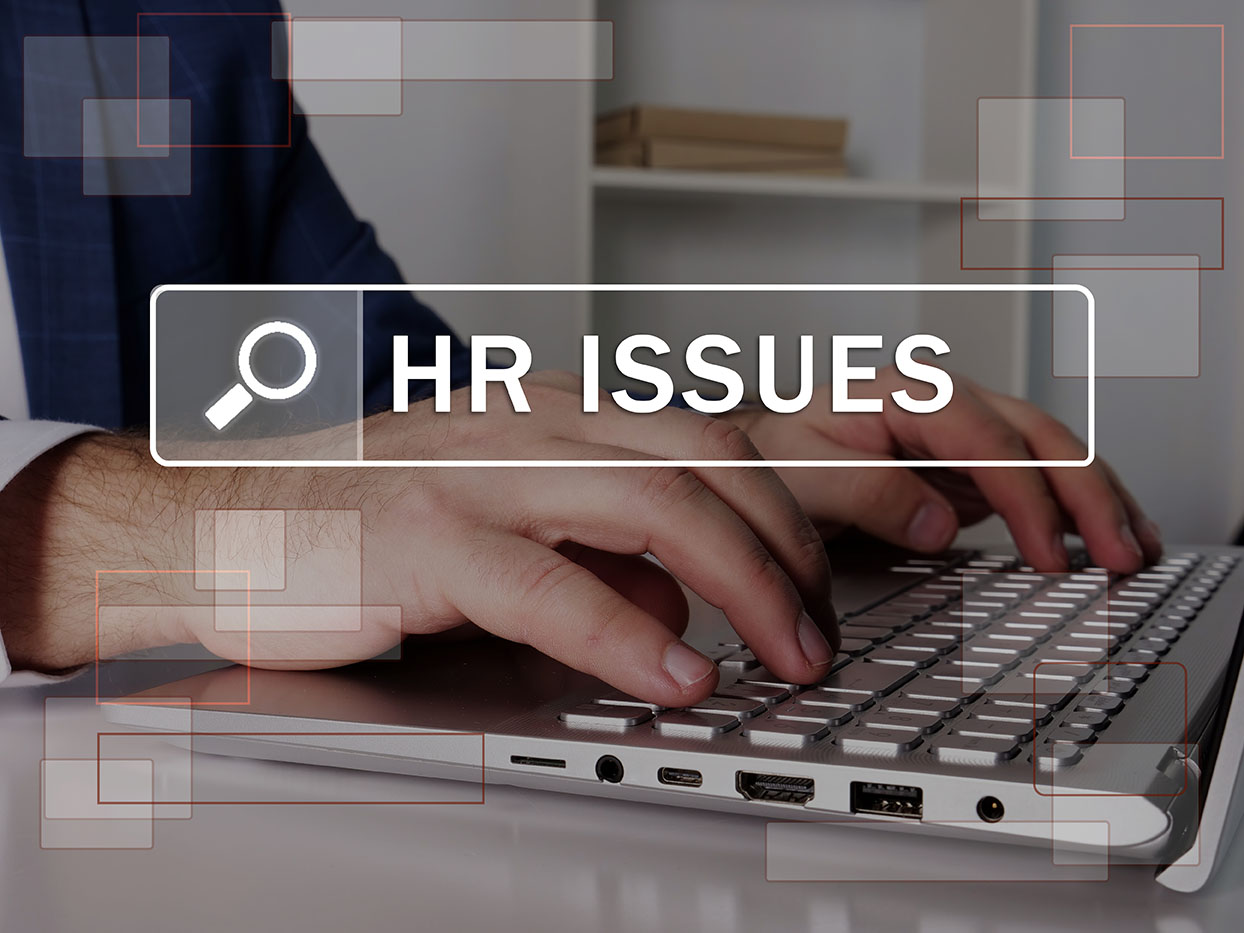2023 will be the year of focusing on essentials because the prevailing economic climate is bringing encompassing HR challenges with it. Companies should focus more on performance and results while being more knowledgeable about maximizing their resources.
With the pressing challenges ahead, how can Human Resource Management professionals best prepare for what is going to be a challenging year for the human function? We’ll look at some of the anticipated HR challenges in 2023 and how companies can resolve them.
HR Challenges in 2023
Compensation Structures
Companies should assess their compensation structures for internal equity and market presence, given the continued uncertainty in the labor market and the implementation of pay transparency regulations in most countries. Companies must reevaluate and implement flexible payroll solutions in the new year. Employee engagement and active participation in achieving company goals will persist if compensation is transparent and equitable.
Quiet Quitting Issues
One significant issue that will persist in 2023 is quiet quitting. At this phase, employees only perform the bare minimum of their tasks. Even though the employment market has changed, and perhaps there are fewer options, they are disconnected from their organization and unhappy with their position. Companies must address this issue by paying attention to the workforce grievances and figuring out what can be done, like adjusting workloads and upholding a healthier work-life balance.
Reinvent Employee Benefits
The work environment has changed dramatically in recent years. 2022 was a challenging year for most companies that affected their entire benefit packages. Workplace practices altered, turnover increased, employee expectations evolved, and surging healthcare expenses resulted in higher medical plan costs.
Companies must reinvent their employee benefits package and increase the affordability of healthcare plans by 2023. For most companies, this will call for a review and restructuring of employee benefit plans, with the adoption of innovative strategies for cost control and employee value creation.
Organizational Effectiveness
We have noticed a change in employees’ expectations in recent years. Both meaning and purpose will likely become a deciding factor in retaining top talents in 2023. It is because employees, particularly the younger generation, prefer working in companies that care for diversity, inclusivity, and environmental initiatives. And to close the talent gap, HR professionals must review their value propositions and organizational purposes. HR leaders must listen to their employees and involve them in creating a redefined company culture and reinventing the organization’s effectiveness. It would be simpler to attract talent when the company’s objectives are linked to diversity, inclusion, and environmental goals.
Revisit Learning Strategies
At the peak of the Great Resignation, many companies discovered that a lack of career growth and development was the primary factor in employee resignations. In 2023, HR should offer more tailored training opportunities where employees may acquire technical and interpersonal skills to help them prosper in their careers and contribute to organizational goals. HR leaders must reimagine teaching methodologies that engage employees and incorporate learning techniques inside the job process.
Data and Automation
The world of digital transformation and automation is still developing, making it necessary for companies to create solutions to offset the challenges in 2022. Companies must adapt and innovate to stay up-to-date with changing employee expectations and advancing technologies, particularly for their HR management system. The top priority for corporate strategic goals continues to be digital automation. To remain competitive in the fast-paced world, businesses must adopt cutting-edge techniques and technologies. And the ability to manage HR data and operations more efficiently through technology and automation drives all of this.





